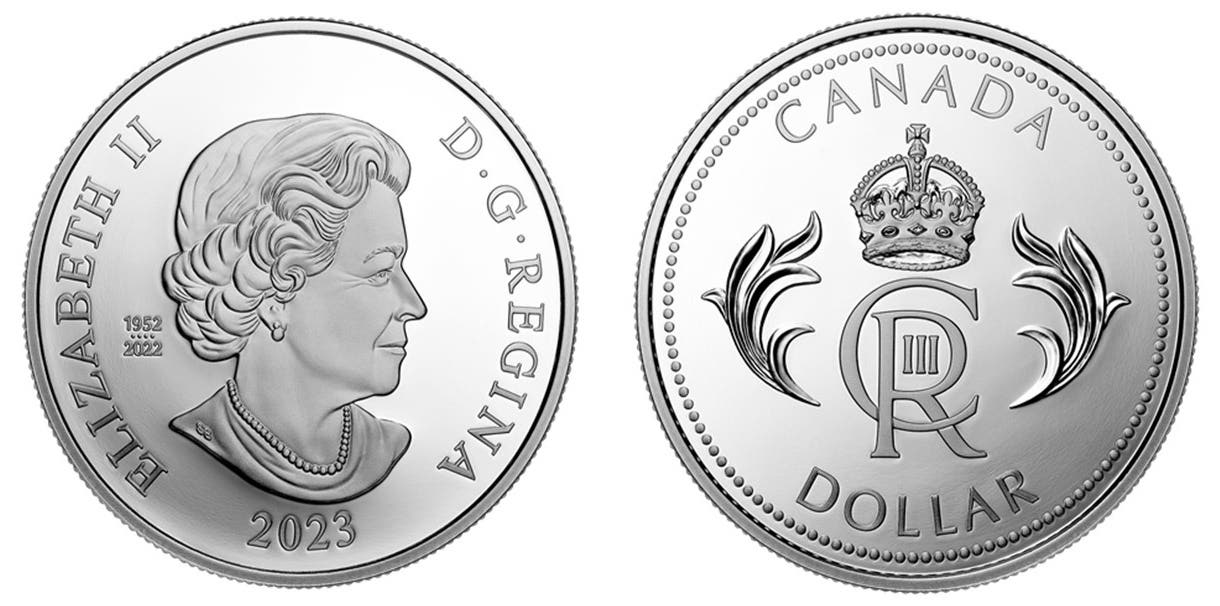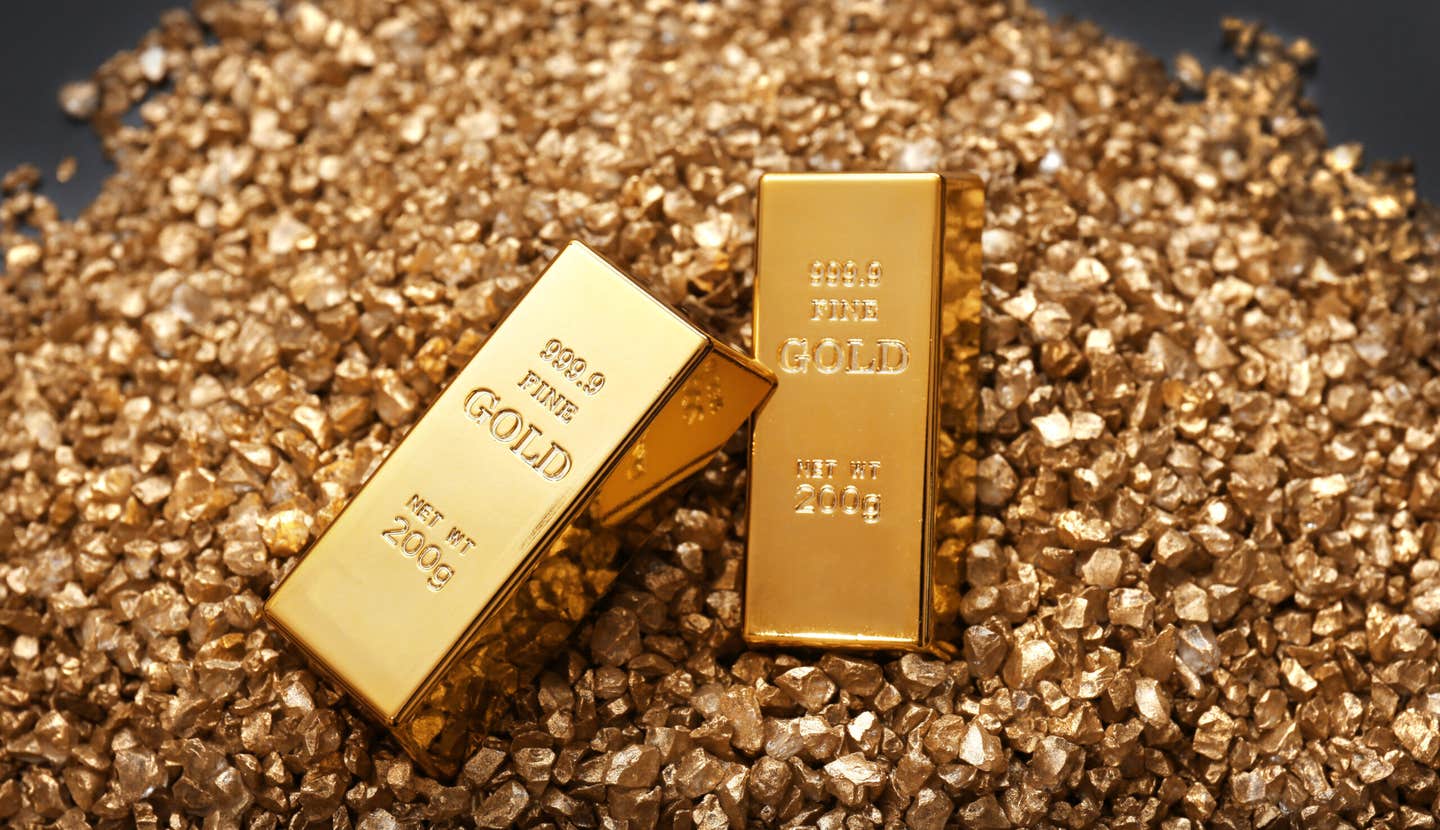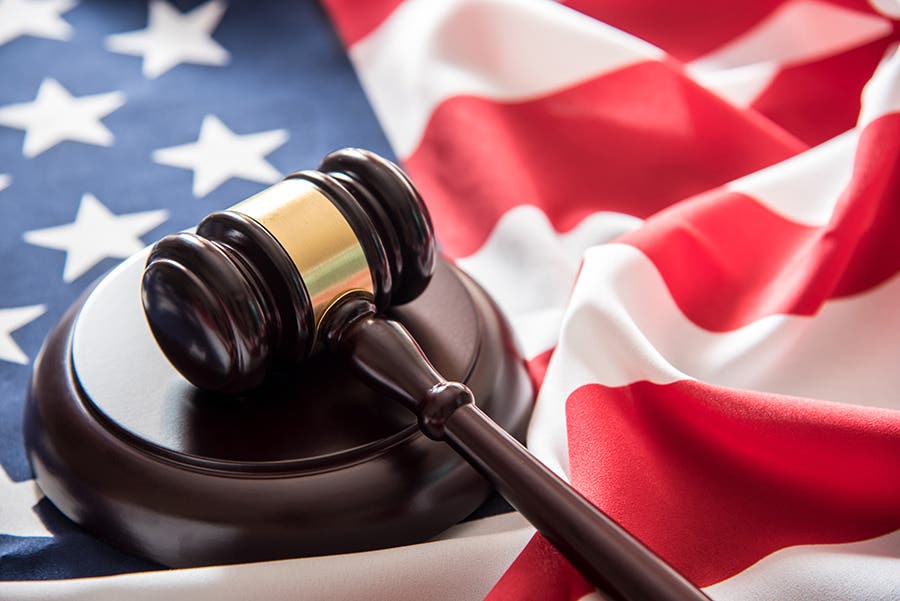Update on coins, precious metals sales tax exemptions
As of right now, 37 states have either no state sales taxes at all (Alaska, Delaware, Montana, New Hampshire, and Oregon) or have complete or partial sales tax exemptions on…
As of right now, 37 states have either no state sales taxes at all (Alaska, Delaware, Montana, New Hampshire, and Oregon) or have complete or partial sales tax exemptions on the in-state retail sales of coins and precious metals bullion. That may soon change.
All ten of the most populous states and 17 of the 20 most populous have such exemptions, so that well over 80% of the nation’s residents have such an exemption where they live.
Last Friday, the West Virginia legislature overwhelmingly passed a coins and precious metals sales tax exemption (33-0 in the Senate and 90-9 in the House). It now awaits the governor’s signature to take effect on July 1.
A legislative committee in Tennessee has already passed a similar exemption bill. On March 13, the first legislative committee in Arkansas considered such legislation. There have also been coins and precious metals exemption bills introduced in the legislatures in Kansas, Maine, and Wisconsin.
Because of my past career as a certified public accountant and in leading Michigan’s effort to gain a coin and precious metals sales tax exemption in 1999, I have been heavily involved in such exemption efforts. After Michigan adopted its exemption, I later documented that the Michigan Treasury actually experienced an increase in total sales tax collections and also in other tax collections. This research, in conjunction with the Industry Council for Tangible Assets, has been used to subsequently help gain similar sales tax exemptions in the states of Alabama, Indiana, Iowa, Minnesota, Nebraska, North Carolina, Oklahoma, Ohio, Pennsylvania, South Carolina, and Virginia and to expand an existing exemption in Texas and Louisiana (and to help reinstate Louisiana’s exemption after it was suspended in 2016).
I have made multiple trips to Arkansas, Kansas, and Tennessee to speak with fiscal staff and legislators, generally with positive results. I also supplied my research to those working on the exemptions in Maine, West Virginia, and Wisconsin.
That’s the good news. The bad news is that the states of Nebraska and Washington have bills to revoke their current exemptions. These bills were to have committee hearings on March 13 and 14, respectively. In the past, four states have revoked such sales tax exemptions (Colorado, Florida, Louisiana—twice, and Ohio), but all later reinstated the same or similar exemptions.
On the surface, it might seem that ending sales tax collections on a category of items would result in a decline in total sales tax collections. However, when tax laws change, people change their financial activities. So, what changes bring on the result of sales tax collections actually increasing?
• Almost all coin dealers sell merchandise beyond coins and precious metals, many of which are still subject to sales tax. The most common examples are antiques, jewelry, hobby supplies, and other collectibles. In a national coin dealer survey conducted by the Industry Council for Tangible Assets in 2016 for the year 2015, it was calculated that greater store traffic in coin shops once a coin and precious metals exemption took effect resulted in higher sales of taxable merchandise—enough so that it replaced an average of 2/3 of the sales tax collections lost from the exemption.
• In the 1990s, the Michigan Treasury came out with a research study projecting that 38.5% of payrolls are spent on merchandise on which sales tax is collected. In my research, I documented that the higher payrolls at coin dealers after the exemption (industry employment more than doubled) replaced more than 100% of the sales tax collections lost from the exemption.
• Coin show attendance, especially by dealers and visitors from out of state, is much higher in states with coin and precious metals sales tax exemptions. That means that the hospitality industry sells more hotel room stays, restaurants serve more meals, gas stations sell more fuel, and other retailers also experience higher sales for which higher sales tax collections occur.
As more states adopt coin and precious metals sales tax exemptions, it becomes easier to gain exemptions in other states. Should the exemption efforts in all six states succeed this year, that will leave only the states of Hawaii, Kentucky, Mississippi, Nevada, New Jersey, New Mexico, Vermont, and the District of Columbia still taxing coin and precious metals transactions. While it is unusual for most exemption efforts to succeed in the first year of effort, one can only hope.
That is the overall good news for coin and precious metals sales tax exemptions at the state level. Unfortunately, what is happening in state legislatures and treasury departments as a result of last June’s U.S. Supreme Court decision in South Dakota v Wayfair is going to cripple coin dealerships (and all small businesses in general) across the country with higher paperwork burdens, registrations, and filing of tax forms. What has already occurred or is in the works in the states of California, New York, Pennsylvania, Texas, Washington, and elsewhere will be the subject of next week’s column.
In the meantime, the Industry Council for Tangible Assets is hard at work and well positioned to help coin dealers and other retailers lessen the burdens resulting from the Wayfair court case. It is critical for coin dealers (and even serious numismatic collectors) who are not already members of ICTA to join right now. Go to https://www.ictaonline.org/membership to do so today. (Full disclosure, I have served ICTA as treasurer and as a member of the board of directors and its executive committee since 2002, though the comments in this column are my personal comments and not official statements by ICTA.)
Patrick A. Heller was the American Numismatic Association 2018 Glenn Smedley Memorial Service Award, 2017 Exemplary Service Award, 2012 Harry Forman Dealer of the Year Award, and 2008 Presidential Award winner. He was also honored by the Numismatic Literary Guild in 2017 and 2016 for the Best Dealer-Published Magazine/Newspaper and for Best Radio Report. He is the communications officer of Liberty Coin Service in Lansing, Mich., and writes Liberty’s Outlook, a monthly newsletter on rare coins and precious metals subjects. Past newsletter issues can be viewed at http://www.libertycoinservice.com. Some of his radio commentaries titled “Things You ‘Know’ That Just Aren’t So, And Important News You Need To Know” can be heard at 8:45 AM Wednesday and Friday mornings on 1320-AM WILS in Lansing (which streams live and becomes part of the audio and text archives posted at http://www.1320wils.com).
This article was originally printed in Numismatic News Express. >> Subscribe today
If you like what you've read here, we invite you to visit our online bookstore to learn more about Numismatic News.
NumismaticNews.net is a participant in the Amazon Services LLC Associates Program, an affiliate advertising program designed to provide a means for sites to earn advertising fees by advertising and linking to Amazon.com and affiliated websites.








